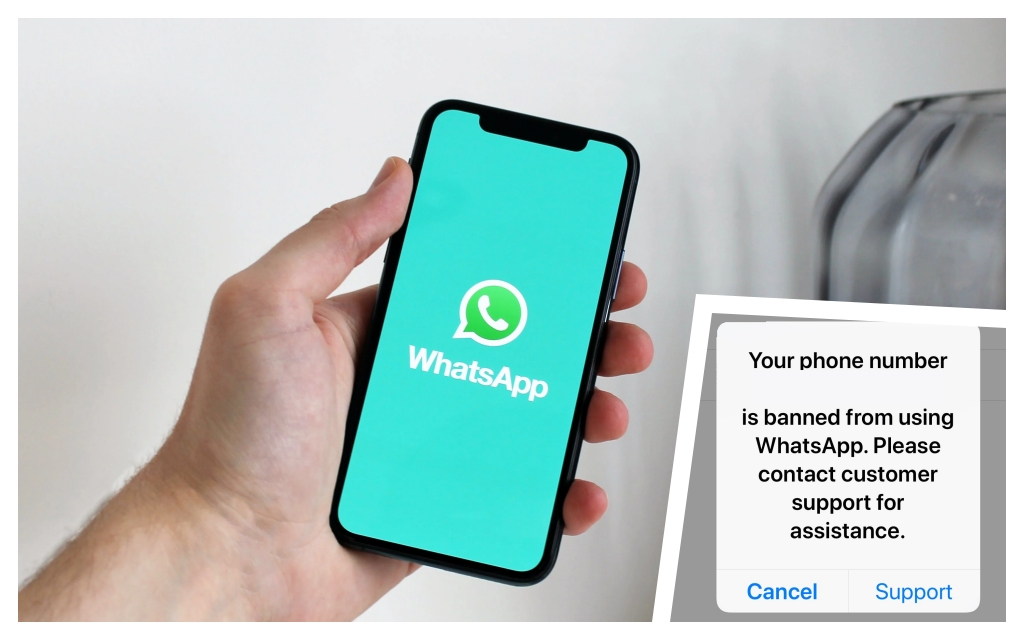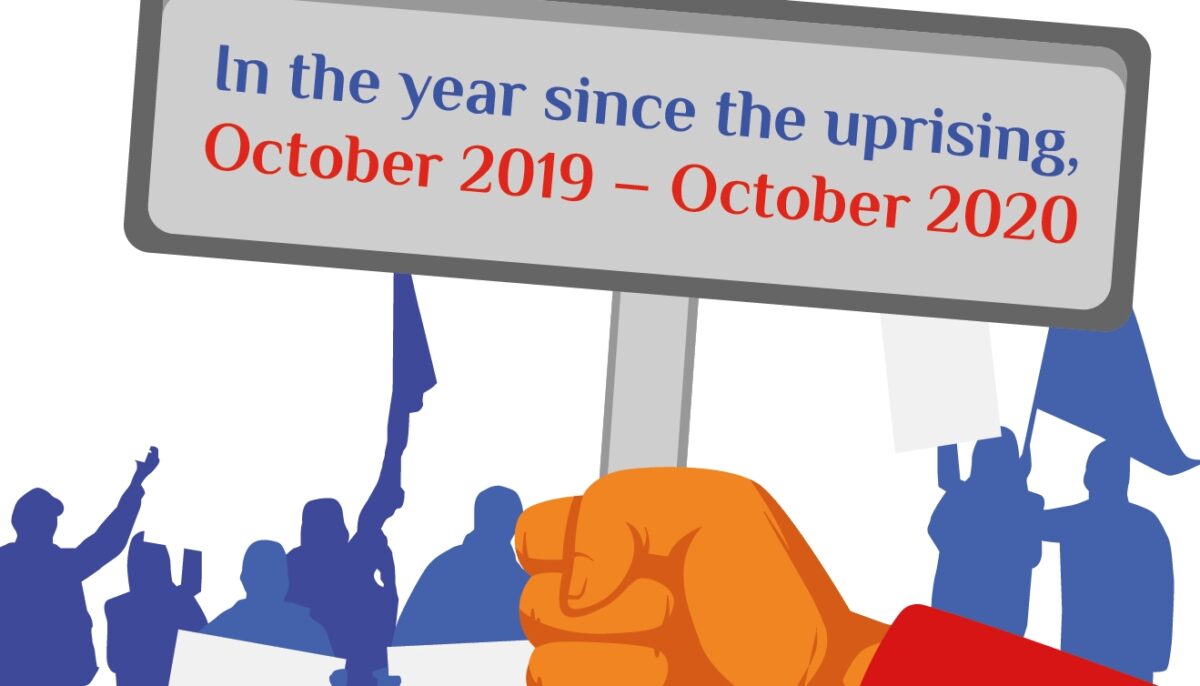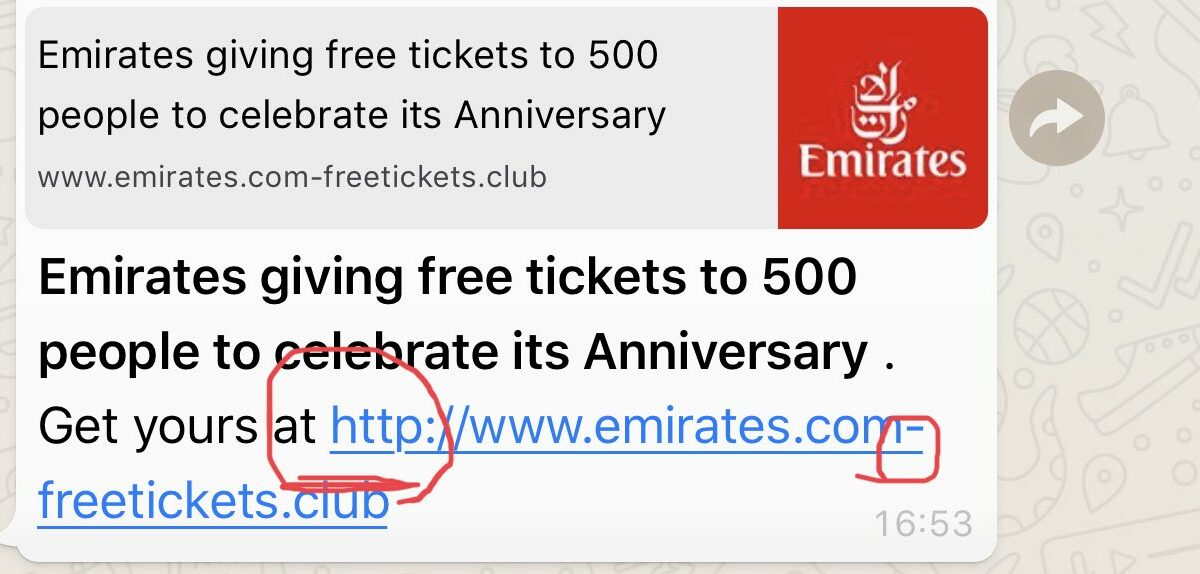The latest updates on digital rights from West Asia and North Africa

Categories

Why Is Your WhatsApp Account Being Banned?
The last weeks have witnessed an increase in reported cases of people losing access to their WhatsApp accounts. At first…

A New (Non-)Privacy Policy from WhatsApp? [A comparison between messaging applications]
Tech and media companies are exploiting free, popular apps to increase their access to personal data; and WhatsApp has just…

How Israeli Company NSO Hacked My Phone
Almost a year ago, on October 29, I received a WhatsApp notification informing me that Israeli spyware Pegasus had hacked…

One Year After October 17 Uprising in Lebanon: Summons and Arrests for Online Speech Increase
One Year Since the October 17 Uprising in Lebanon: Summons and Arrests for Online Speech It’s been one year since…

A Few Tips to Detect Phishing Links
Over the past year, we have witnessed an increase in the number of phishing campaigns in Lebanon and amongst the…



